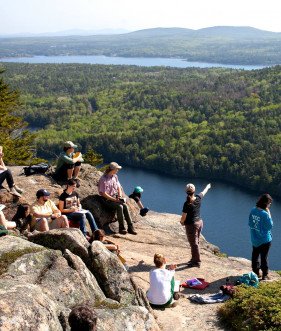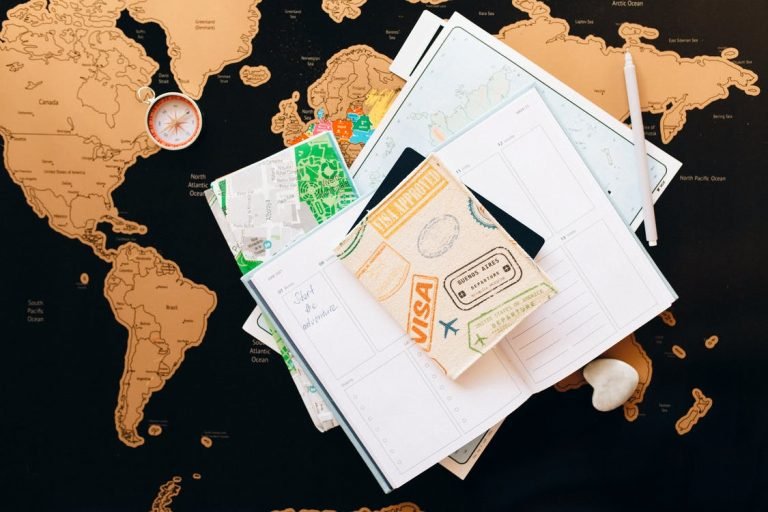Discover beautiful places all around you at TouristLookup

TOURIST ATTRACTIONS IN KABUL
Kabul is Afghanistan’s most extensive capital city, resting in the eastern part of the country. Kabul is known for its rich heritage and culture. Also the city is a crucial exporter of dry fruits, leather, nuts, Afghan carpets and rugs. Today, it is the primary market in Afghanistan. Although Kabul has gone through changes with contemporary buildings and heavy traffic, the bazaars and other monuments of the old town remain the center of life. The most popular tourist attractions in Kabul are listed below.
Top 10 Places To Visit In Kabul
1. Bala Hissar
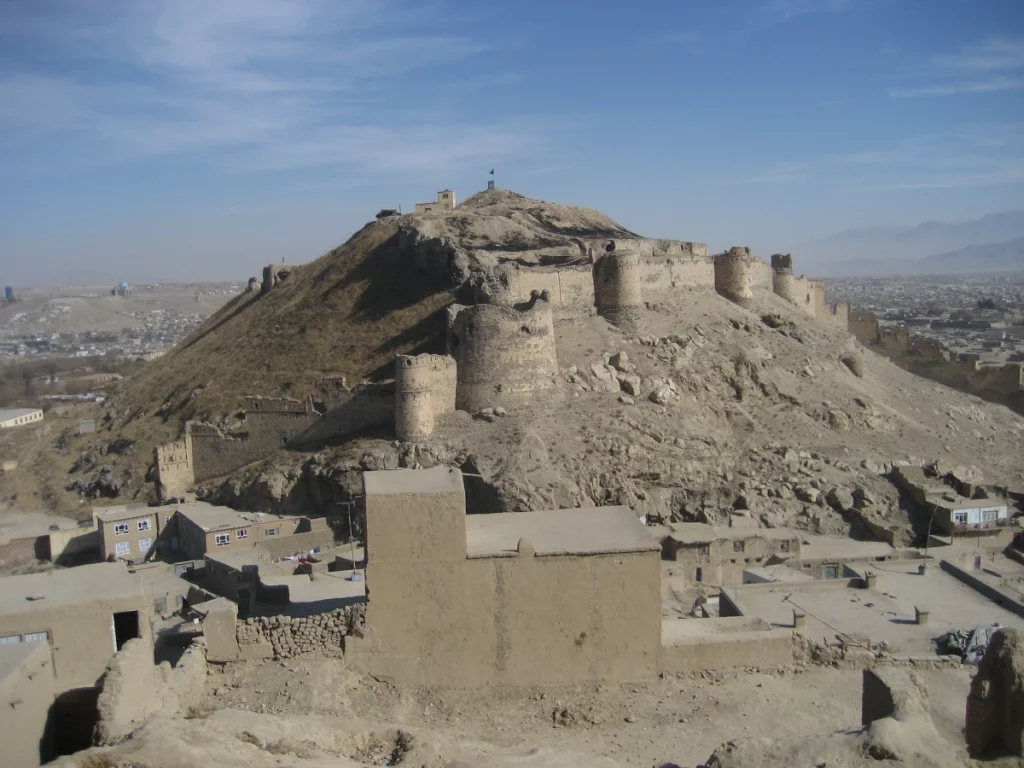
Visiting the Bala Hissar comes first on our list of things to do in Kabul. Bala Hissar is an age-old castle located in Kabul, Afghanistan. It is located south of the modern city center at the rear of the Kuh-e-Sherdarwaza Mountain. Also, the museum has two parts: The lower castle, holding the barracks, stables and three royal palaces, and the upper court containing the armory and the dungeon of Kabul, known as the notorious Black Pit (the Siyah Chal).
2. Bagh-E Babur
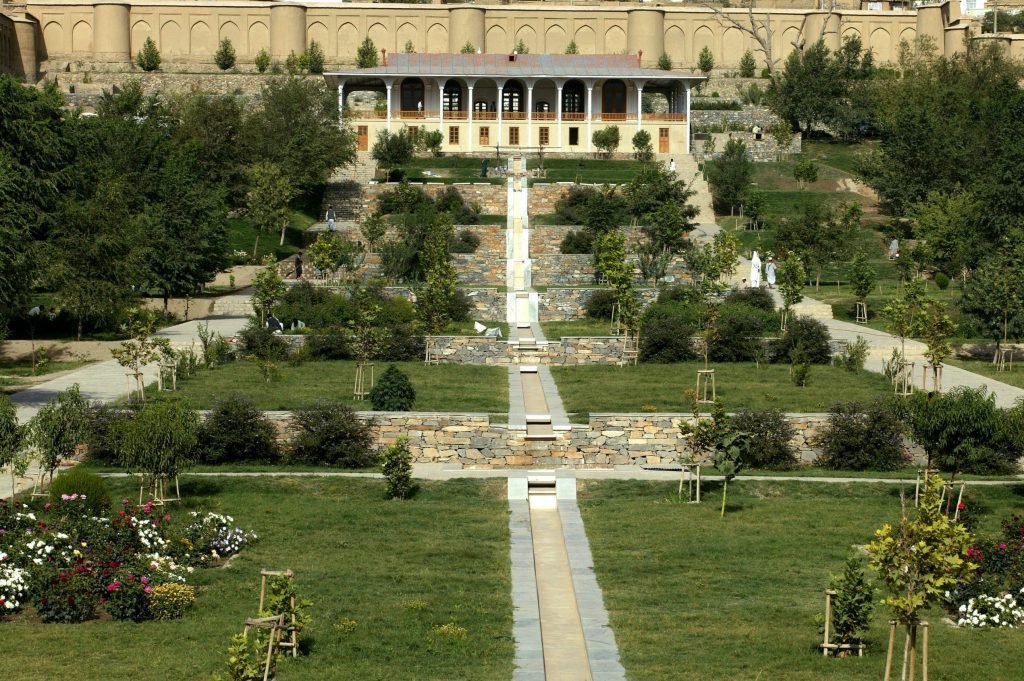
The Gardens of Babur is a historic park in Kabul, Afghanistan, and the final dwelling place of the first Mughal emperor Babur. It was the Moghul prince’s tradition to build up sites for pleasure and recreation in their life and choose one of these as the last resting place.
The site continued to be of importance to Babur’s heirs, and Jehangir made a pilgrimage to the area in 1607 AD (1016 AH) when he ordered Walls surround all gardens in Kabul, an inscribed headstone is placed at its head, and a prayer platform is laid in front of Babur’s grave.
3. Darul Aman Palace
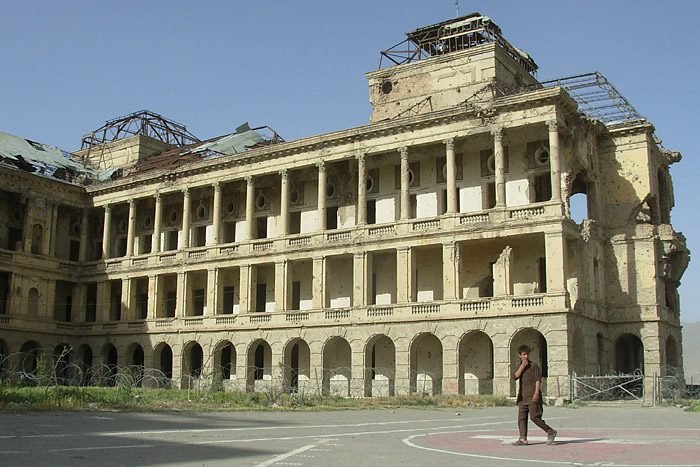
The Darul Aman Palace (also called the Palace of Peace) is the ruins of a palace situated about 16 kilometres from Kabul, the capital of Afghanistan and the main among Kabul touring spots. It is a palace designed in European style but the Tajbeg castle of the former Afghan queens stands behind the court on a hill.
The castle is an imposing neoclassical building on a hilltop overlooking a flat, dusty valley in the western part of the Afghan capital. Though it was considered the seat for a future parliament outside of Kabul, the building was abandoned for many years after religious conservatives forced Amanullah from power and halted his reforms.
4. Kabul Museum
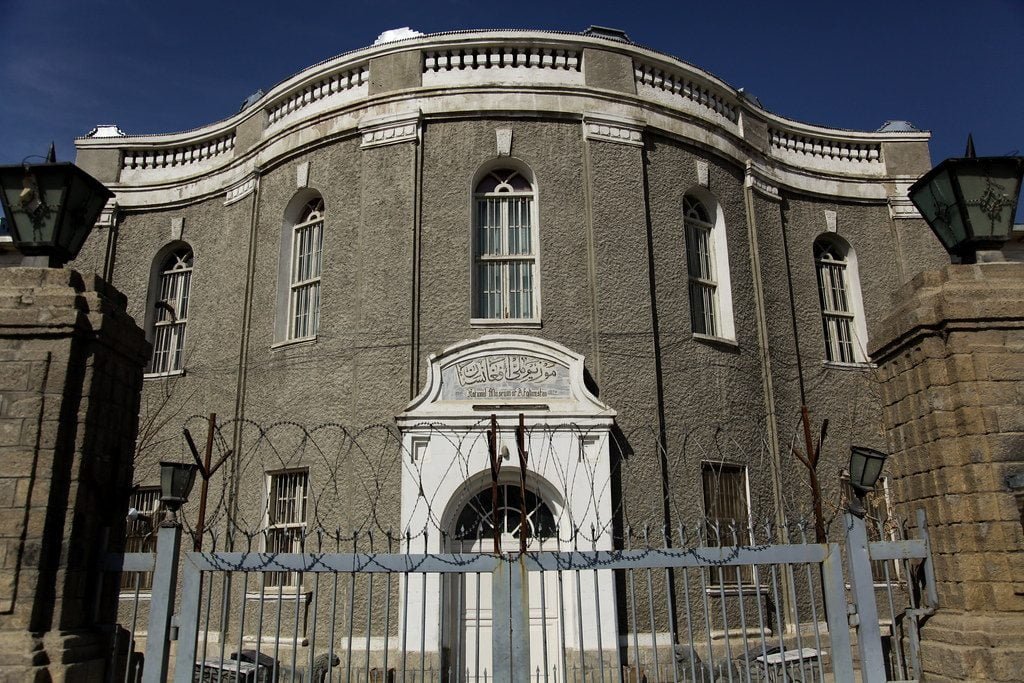
Kabul Museum is the National Archaeological Museum of Afghanistan in the capital, Kabul. It was established in 1920 and is one of the principal tourist attractions in Kabul. The museum is situated in a two-storied building in the historic city of Kabul. The Central Asian collection of more than one thousand coins was stolen in August and September 1996 under the Taliban rule in Afghanistan.
The Kabul Museum was formerly one of the most prominent museums in the world. Its display varies from Hellenistic gold coins to Islamic bronzes, and Buddhist sculpture attested to Afghanistan’s location at the crossroads of Asia. The museum opened in 1919 and was nearly wholly stocked with items excavated in Afghanistan.
5. National Gallery
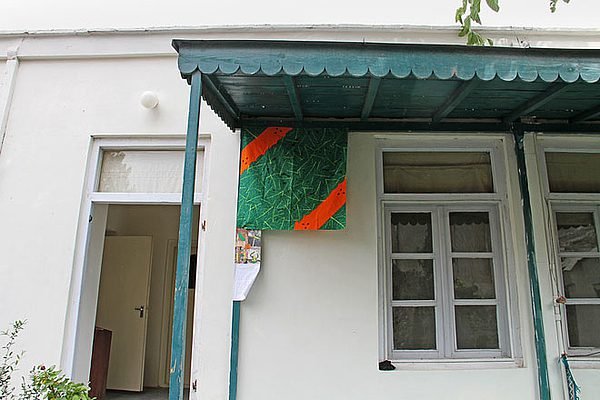
The National Gallery holds a combination of paintings by modern Afghan artists and historical pictures. Basically, like Kabul’s other cultural establishment, it didn’t elude the Taliban’s zealous attention, as the cabinet displaying ripped-up watercolor portraits certifies.
Certainly knowing the Taliban’s Condition against images of living things, many exhibits were over-painted with watercolors, hiding a horse beyond a tree or turning a person into a mountain view. Over one hundred and twenty paintings were saved from destruction in this way when the fanatics came with their knives.
6. Kabul Zoo
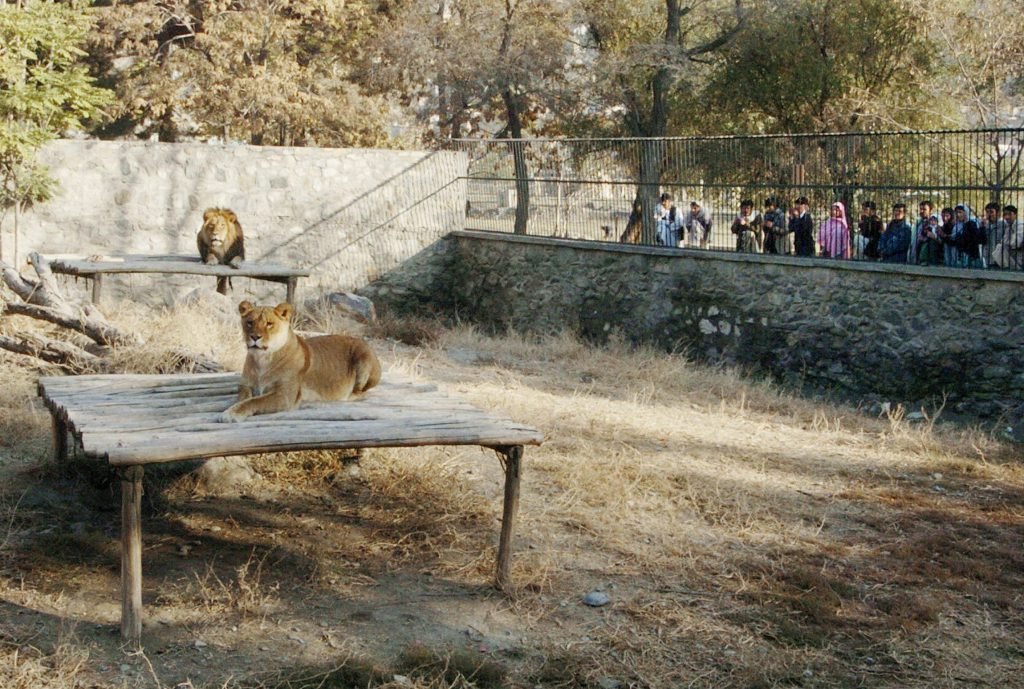
The zoo is a tourist attractions in Kabul for tourist searching for leisure. However, it may be a little more heartbreaking for Western animal lovers. Tourists are welcomed by a bronze statue of Marjan the lion, the zoo’s most recognized animal. A gift from West Germany in the 1960s, Marjan survived life on the battleground and a Taliban grenade attack, only to perish soon after Kabul’s freedom in 2001.
A couple of lazy bears can be seen in a ditch, pacing like refuge prisoners. Some wolves do the same next to a cage of angry-looking black vultures.
7. Mausoleum of Abdur Rahman Khan
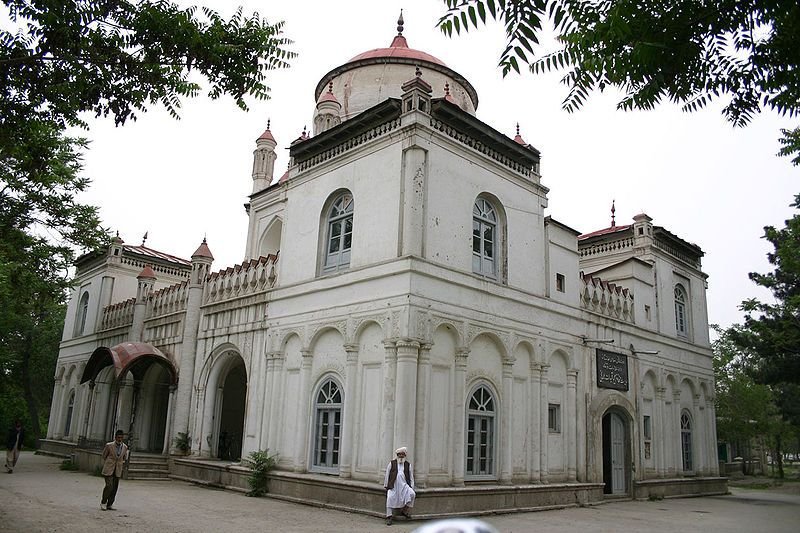
The tomb of the Iron Amir is situated in Zarnegar Park. Initially a palace, the structure has a round red dome above fussy decorative minarets and a whitewashed drum. The park is encompassed by market traders but can be a perfect place to escape the neighboring traffic and rush. Also, it is a top tourist attractions in Kabul crowded with people.
8. National Archive
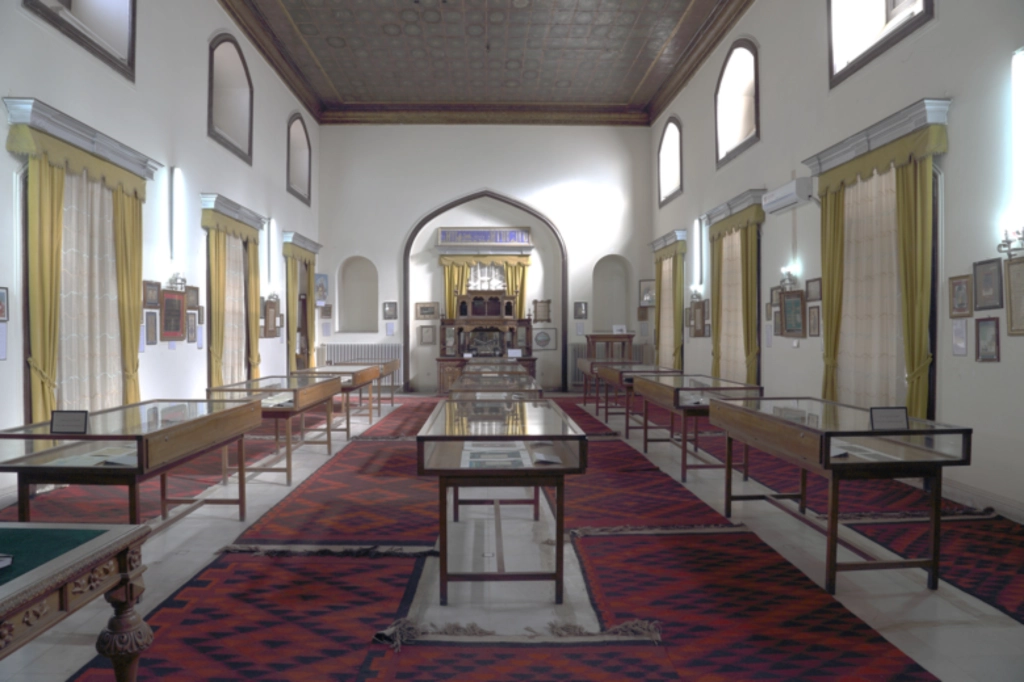
Containing over 15,000 documents, the National Archive is housed in a castle built by Abdur Rahman Khan for his son at the end of the 19th century. Primary documents are on display (although some are copies, with the originals too treasured to be displayed), including the treaty with the British Empire in 1919 that finally gave Afghanistan complete independence.
Although scholars will get the best out of a visit, the archive is still worth seeing for the building, with its alluring carved woodwork and painted ceiling. Basically, It’s a slightly bizarre sight among the metal workshops that line this section of Salang Wat.
9. Omar Land Mine Museum
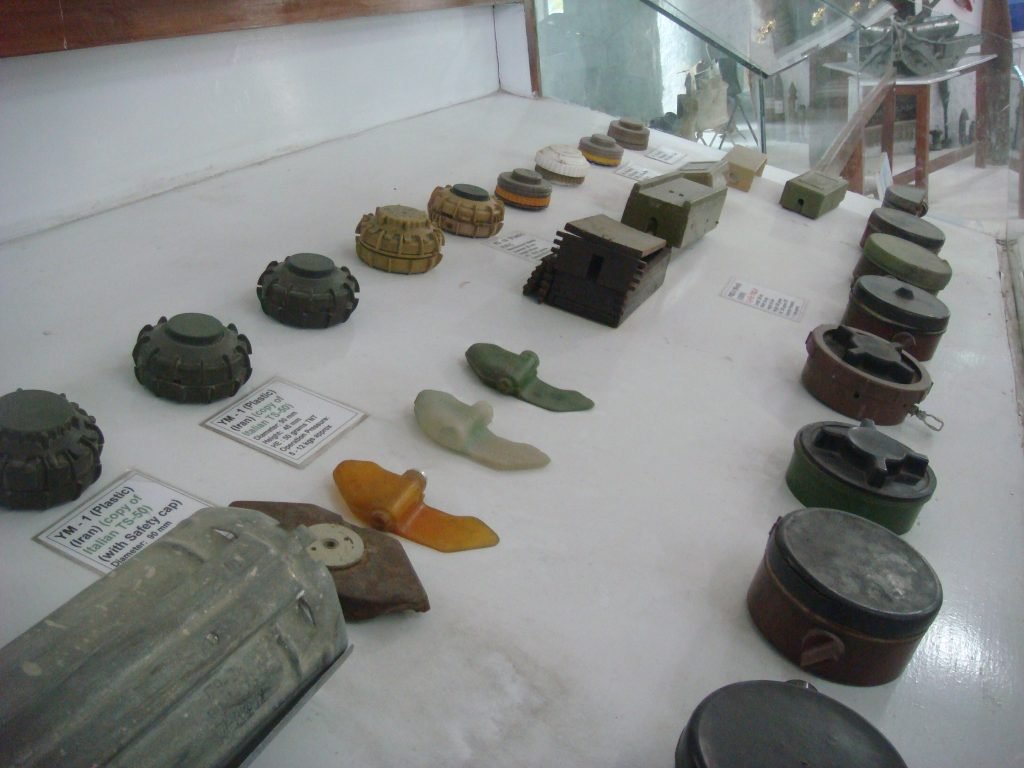
This museum serves as a training and education center for land mines and UXO clearance. The exhibit contains more than 50 types of mines that still clutter the surroundings, from little mines to large mines. In inclusion to the theatre, a transportable cinema has been set up displaying a No Strings movie called Church the Little Carpet Boy, a modern Afghan category of the Pinocchio tale, where a grandmother who lost her family to land mines makes herself a new child out of carpet rags.
10. Sultani Museum
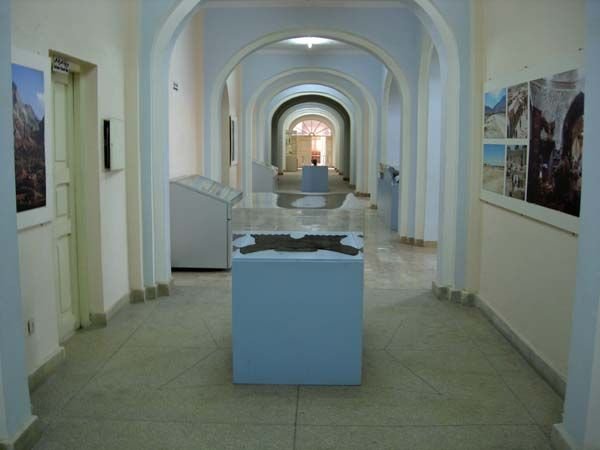
This non-public museum on the same floor as the National Gallery is interesting. However it was built in 2004 by Ahmad Shah Sultani, gold and antique trader who spent a great deal of the civil war in expulsion in London. Here he gathered an extensive collection of Afghan antiquities, seeking to conserve them for the country.
The first room contains Islamic-era documents and some stunning Qurans in every possible handwritten script. Also, other rooms are a valuable trove of Afghan history, with artefacts from way back pushing for space on the packed shelves. Wooden prints for stuccowork in mosques sit next to a delicate and refined gold coronet, possibly of Kushan origin.
Additionally there’s a massive showcase of coins – Graeco-Bactrian, Sodgian, Kushan and Roman. Opposite are scarce examples of Ghaznavid and Ghorid pottery, nearly one thousand years old, and Nuristani wood carvings.

